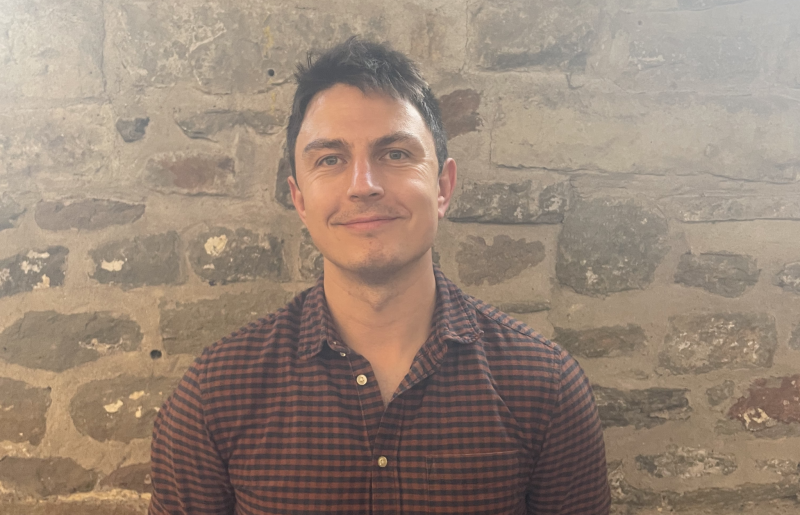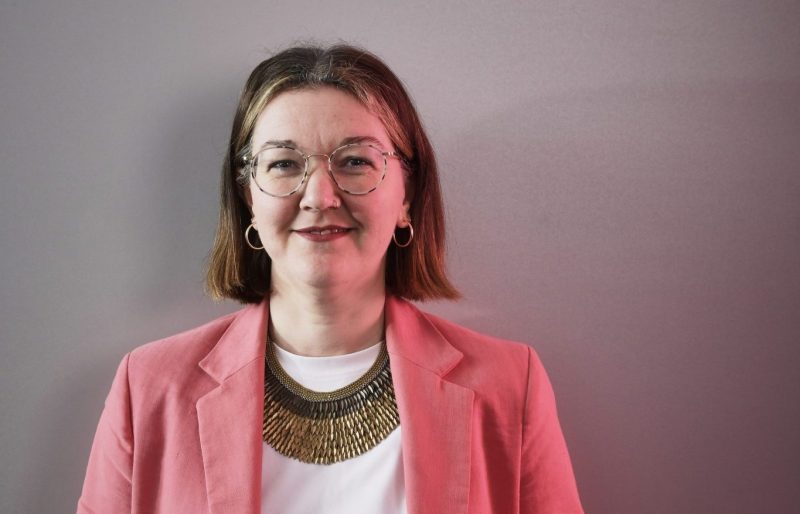The UK’s “Golden Triangle” startup hubs — London, Oxford and Cambridge — are the runaway leaders in the country’s tech funding — but Bristol is next up on the roster.
Since 2020, its startups have raised over $2bn, according to Sifted data and comparable data from Dealroom. While that’s someway behind the $84.7bn London has raised over the same period, Oxford — the third-best funded ecosystem in the UK — picked up 3.6bn.
The southwestern English city has also built a pedigree in semiconductors and quantum.
Chipmaker Graphcore — which spun out of another Bristol-based semiconductor startup Xmos — raised $682m before being acquired by SoftBank earlier this year. The world’s best-funded quantum startup, Silicon Valley-based PsiQuantum, was founded in Bristol, before moving to the US and raising $1.6bn.
Beyond deeptech there’s also Ovo Energy, which has picked up $569m since launching in 2008, and warehouse logistics startup Huboo, which picked up the city’s biggest round of 2024 in a £45m raise to bring its total funding to nearly $200m.
To find out which startups could be among the next cohort of Bristol tech darlings, Sifted spoke to VCs from Science Creates VC, QantX, Ada Ventures, Empirical Ventures and Mercia Asset Management. There was just one rule: investors couldn’t nominate startups they’d already invested in.
Catherine Fletcher, investor at Science Creates VC
Neo-fossil
Neo-fossil is engineering bacteria to capture and store atmospheric CO2, creating a sustainable compound that mimics plant fossils. The technology locks greenhouse gases away for centuries while producing a durable material with wide industrial uses. This year, Neo-fossil is participating in Bethnal Green Ventures’s Tech For Good programme and Remove’s Europe CDR Startup Accelerator, an accelerator for CO2 removal in Europe and India.
Zero Point Motion
Zero Point Motion is building miniaturised sensors for motion detection in small devices, known as chipscale optical inertial sensors. It says its sensors are 100x more sensitive than those available in smartphones.
Extracellular
Extracellular helps biotechs working in the cultivated meat and seafood sectors develop products and take them to market. It provides solutions across cell manufacturing and commercialisation functions. Last year, Extracellular opened Europe’s largest contract pilot facility — where a company can test, develop and produce small-scale batches of products before full-scale production. The company will begin pilot-scale cell culture work in that facility this year.
Dimension Biotechnologies
Dimension Biotechnologies is working in the vascular diagnostics field and developing a way to non-invasively measure the endothelial glycocalyx — a layer that coats the inside of blood vessels and is a key marker of microvascular health. Dimension is continuing to develop this product, initiate research partnerships and engage first users. It then aims to deploy this technology broadly and validate further diagnostic solutions for unmet clinical needs.
Harry Alexander, investor at QantX

Anaphite
Anaphite is building dry coating technology for electrodes — which is used in battery manufacturing. Its approach significantly reduces production costs and energy consumption while enabling the use of novel materials in battery cells. Having secured a £10.4m Series A in September and built an impressive sales pipeline, Anaphite is positioning itself as a key player in the future of battery production.
Actuation Lab
Actuation Lab has developed a new kind of industrial valve which prevents liquids and gases leaking from pipes in factories. The company is advancing towards large commercial trials. The startup was founded in 2018 and is a spinout from the University of Bristol.
LabCycle
LabCycle has developed technology to create lab consumables — like disposable gloves and face masks — made entirely from recycled lab waste. Its process decontaminates laboratory plastic waste and transforms it into high-grade laboratory products, converting materials destined for incineration into lab equipment.
Albotherm
Albotherm has developed temperature-responsive glass coatings that automatically turn from transparent to opaque, which can be used in industrial greenhouses and similar buildings. It is working on large-scale commercial trials towards a product launch in the next couple of years.
Matt Penneycard, partner at Ada Ventures
FluoretiQ
FluoretiQ is building diagnostics tech that can identify specific infections faster than traditional lab tests and measure the effectiveness of different antibiotics in fighting them, reducing antibiotic misuse. Its sensor technology called ‘Nanoplex’ uses nanoprobes and a fluorescence sensor to identify harmful bacteria in urine samples, which aims to give patients a faster diagnosis and help them receive the most effective antibiotic treatment.
Grace & Green
Grace & Green makes sustainable single-use period products. Founded in 2019, it was launched to combat the detrimental impact traditional, plastic-filled period products are having on water systems. The startup is creating carbon-neutral, biodegradable period products, and it is also working to increase period care access and education through partnerships with not-for-profits and its own Period Dignity scheme.
Julian Dennard, fund principal at Mercia Asset Management
Ecologi
Ecologi is a platform that allows businesses and individuals to fund climate solutions and tree planting around the world. For example, customers can calculate emissions using Ecologi’s carbon footprinting tool to fund tree planting and removal projects, as well as sharing their impact with others in the community.
Kelpi
Kelpi is developing seaweed-derived bioplastic coatings to replace single-use fossil fuel plastics in packaging. The company continues to advance its research into high-performance, seaweed-based materials that promise outstanding water barrier properties — a critical feature for practical packaging alternatives.
Perceptual Robotics
Perceptual Robotics automates wind turbine inspections using autonomous drones and AI-driven data analysis. Its tech makes maintenance more efficient and significantly safer by removing humans from dangerous inspection work. As the renewable sector grows, Perceptual Robotics is emerging as a key enabler in making wind power more efficient and cost-effective.
QLM Technology
QLM Technology is developing quantum-enabled LiDAR cameras for methane emission detection and monitoring for the oil and gas industry. What makes QLM particularly exciting is its timing: the startup is bringing quantum technology to market just as global focus intensifies on reducing methane emissions — a greenhouse gas 84 times more potent than CO2 on a 20-year timescale. This combination of quantum innovation, critical environmental need and growing regulatory pressure positions QLM at the forefront of the fight against methane emissions.
Johnathan Matlock, cofounder, Empirical Ventures
Okko Health
Okko Health is a healthtech focusing on remote eye health monitoring. It uses games on smartphones and tablets to enable patients to monitor their eye health. There are tremendous pressures on the provision of eye monitoring solutions that rely on centralised testing, by creating a digital-first approach Okko could transform the numbers of patients who receive optimised care and ensure their sight is maintained.
CellVoyant
CellVoyant is developing AI-powered live cell imaging to predict stem cell differentiation — a process by which a stem cell develops into a specialised cell type with a specific function — to enable advanced cell analytics. Stem cell biology is complex and unpredictable. Therefore, producing pure, viable populations of stem cell derivatives at clinical scale can be slow and challenging. CellVoyant allows researchers to predict stem cell behaviour with precision. Its tools could advance tissue manufacturing protocols and help develop the next generation of cell therapies by solving key manufacturing challenges.
Read the orginal article: https://sifted.eu/articles/bristol-startup-investor-watch/



